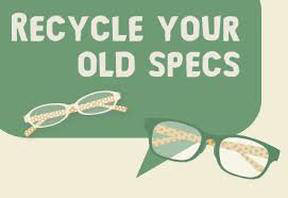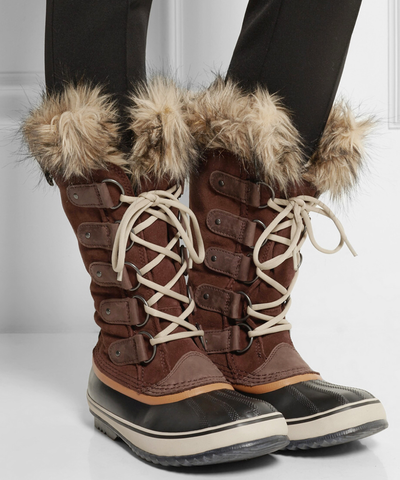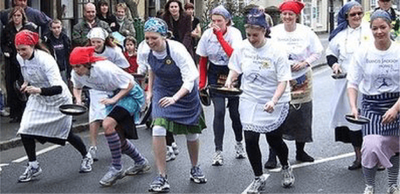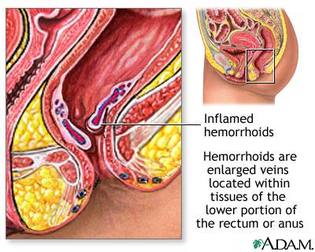 Today we are talking haemorrhoids so get the giggling over before we start! Hemorrhoids, spelled as haemorrhoids in the UK, are also commonly referred to as piles. The mere mention of this condition can result in hoots of laughter, but not for the person who has piles. This condition can cause embarrassment, pain and more but it does not have to be like that. These days haemorrhoids can be successfully treated quickly by over the counter remedies; in the long term though further treatment may be necessary. During the current coronavirus #StayHome inactivity and changes in diet you could end up with problems with piles. Haemorrhoids can occur in a woman during pregnancy, a young person or more commonly an older person. Many people develop haemorrhoids so really there is nothing to feel embarrassed about. As with most medical conditions diagnosis is key. The signs and symptoms of haemorrhoids could be indicators of more serious health problems and so confirmation by a health-care professional is advisable, if not essential. What are haemorrhoids? Haemorrhoid is the name used for the swelling or inflammation of the veins around the anus. This can also happen in the rectum. The veins may become very large, itchy, painful and bleed from time to time. In some cases passing stools will be very painful and further bleeding may occur. Haemorrhoids are sometimes described as varicose veins. Haemorrhoids may be present internally, externally or both. What causes haemorrhoids? The possible cause of haemorrhoids could be:
How to know if you have haemorrhoids In general the signs and symptoms of haemorrhoids may include:
Initially you may notice only one or two of the signs and symptoms of haemorrhoids as detailed above. Seeking a medical diagnosis is important as some of these symptoms could indicate a more serious illness, such as cancer, or be an indicator of other bowel problems. In particular passing blood when you open your bowels could be worrying. However once you have the correct diagnosis there are many treatments available which should improve, or maybe cure, your haemorrhoids. Certainly a good diet is a must. For your medical professional to confirm that you have haemorrhoids he or she will need to carry out a physical examination. This should be relatively painless but of course it will depend how bad the haemorrhoids are. It will be better if you seek an early diagnosis before the problem worsens. You will need
Tips & Warnings
1 Comment
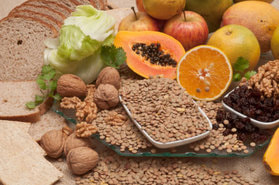 OK so we are going to talk haemorrhoids, piles, farmer giles, call them what you will. For some reason haemorrhoids often raise a giggle when mentioned but to any person who has experienced them it is no laughing matter. #StayingHome during the current crisis could result in a range of health issues not least this uncomfortable health problem. Over the counter treatments may not be easily available just now meaning looking after yourself is vital. Haemorrhoids can be a painful and embarrassing condition. Before starting any course of treatment though, be it natural or not, a correct diagnosis is essential. Consult your health-care professional for confirmation of this condition if possible. If you have haemorrhoids there are quite a few treatments available. Although surgery is an option this is usually the last resort. Haemorrhoids can be successfully managed and may never need such drastic measures. Bathing Regular bathing is important if you have haemorrhoids. Cleanliness is essential, however you may find that perfumed soaps make your condition worse. Bathe the affected area in warm water a few times a day, or at least until your hemorrhoids are under control. Make sure that you dry the area around your rectum thoroughly but gently. Diet One of the best ways to prevent haemorrhoids or help treat them is to eat a good diet. You will need a diet that is rich in fresh fruit and vegetables, high in fibre, low in processed foods and generally well balanced. Include plenty of fluids, such as water, in your diet as this will make your stools easier to pass. Treat external haemorrhoids with ice to reduce any swelling Make yourself an ice-pack. Apply this to the hemorrhoids to help reduce any swelling. Ensure that there is sufficient material between you and the ice to prevent ice burns but a thin enough material for the ice to work. Over the counter haemorrhoid preparations Chemists and pharmacists sell over the counter hemorrhoid preparations. For external hemorrhoids there are creams and for internal hemorrhoids there are suppositories. Many of the creams can be used in both situations. For some people the hemorrhoids can be both external and internal. There is no need to be embarrassed about asking for such items as hemorrhoids are a common condition, especially in the western world. If you feel embarrassed check out the pharmacy aisle of your local supermarket. Many of these hemorrhoid preparations can be found there. This means that you can simply pop the item into your shopping trolley without asking an assistant. Clothing Loose, cotton clothing around the affected area will be the best option. Select underwear that is loose and not restrictive. At least until the hemorrhoids subside, stay clear of thongs, control panties and very tight jeans. Aim to wear clothing that allows some air flow and is made of a cool, breathable material. Natural treatments and remedies Consult your local health store for details about natural treatments for haemorrhoids. Research:
These products may be in pill or cream form, although some may be available to make into a tea infusion. There are various homeopathic treatments available if you prefer to try such treatments. Exercise As haemorrhoids are inflamed veins, getting plenty of exercise should help. A good level of exercise can certainly help prevent haemorrhoids. As part of treating existing haemorrhoids an increased level of exercise completes the treatment plan. You will need
Tips & Warnings
r
|
Archives
March 2020
Categories
All
|

 RSS Feed
RSS Feed

